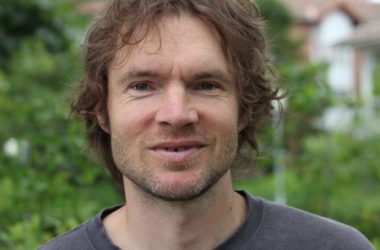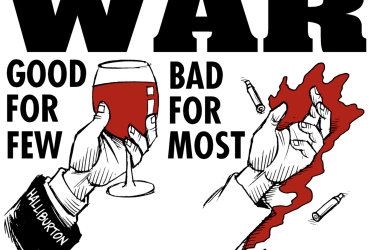By Gabriel Kuhn
A review of Urban Revolt: State Power and the Rise of People’s Movements in the Global South, edited by Trevor Ngwane, Luke Sinwell, and Immanuel Ness (Chicago: Haymarket, 2017). Originally published on AAP.
After completing my university studies in the mid-1990s, I lived and traveled for several years in countries of what is nowadays called the Global South, particularly in Africa and Oceania. It was enlightening in many ways and put much of what I was used to growing up in Central Europe into perspective.
One of the most striking experiences was that – without making any fuss about it – many of the communities I stayed with were much more advanced in DIY skills than the Western subcultures that pride themselves in refining them. The creativity and technical expertise involved in recycling everything from plastic cups to automobile parts was astonishing. The fact that this stemmed from necessity rather than ideological conviction is important in many ways, but makes no difference on a practical level.
Something similar can be said about community organizing and social movement building. While an entire industry has been formed around these terms in the Global North, providing career options for academics and NGO staffers alike, some of the most incredible attempts in grassroots organizing and direct democracy are undertaken in the Global South, usually underneath the radar of First World social justice experts.
The biggest virtue of the anthology Urban Revolt: State Power and the Rise of People’s Movements in the Global South, edited by the South African scholar-activists Trevor Ngwane and Luke Sinwell in collaboration with labor historian Immanuel Ness, is to emphasize this fact. The contributions reveal with how much determination, wisdom, and courage the poor and oppressed in the Global South stand up against the powers that control their lives.
South Africa plays a central role in the analysis. In the words of the editors, the “spirit of militancy and anticapitalist struggle” found in the country “offers a lens through which to understand urban revolt across the world” (p. 2). But South Africa is far from the only country that provides examples for social movements that are arguably the biggest challenge to the imperialist order under neoliberalism. The anthology also covers initiatives in Nigeria, Mexico, Brazil, Uruguay, India, and Indonesia, mixing high-profile cases such as the 2014 Ayotzinapa Massacre in Mexico with much lesser known stories such as those about the Uruguayan Recyclers’ Union or the resistance against eviction by the urban poor of Jakarta.
Urban Revolt emphasizes the importance of big cities as sites of social struggle. This, however, must not lead the reader to believe that rural struggles have less significance. Contrary to what some on the Left suggest, the peasantry has not lost political significance. In fact, rural struggles are often replicated in urban settings. One reason is that rural identities are rarely lost when people move to the slums of big cities, they are simply reproduced in a new environment. When, in the late 1990s, I stayed with rural migrants in Mount Hagen, Papua New Guinea, the settlements of the urban poor were all organized along tribal lines. While this also carried the potential of conflict, it allowed for forms of social cohesion that modern city dwellers are not used to, something that is an important factor in self-management and resistance.
It is perhaps unfortunate that the structure of Urban Revolt mainly caters to an academic audience. Then again, its main purpose seems to be an intervention in social movement theory, and as such it is essential. I highly recommended the book to anyone looking for revolutionary potential in a frightening global order. It demonstrates convincingly that it is the people’s movements of the Global South that must lead the way in a united resistance against capital and oppressive government agents.
(August 2017)
More blogs from Gabriel | Back to Gabriel Kuhn’s Author Page






